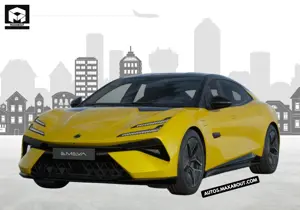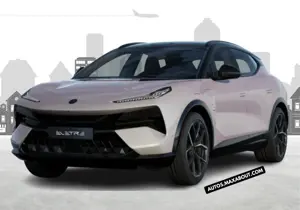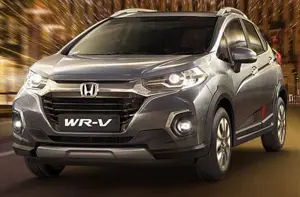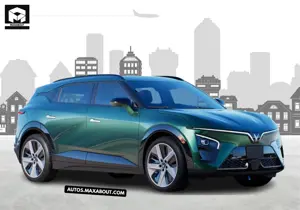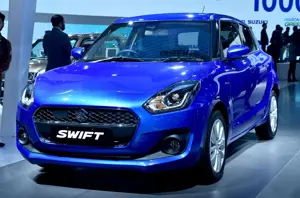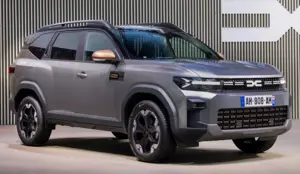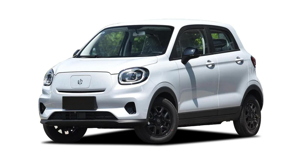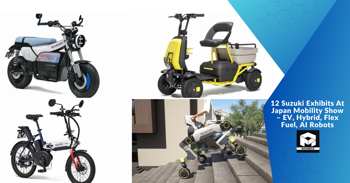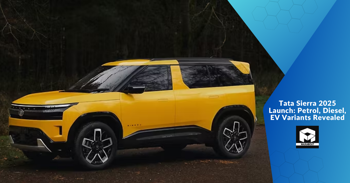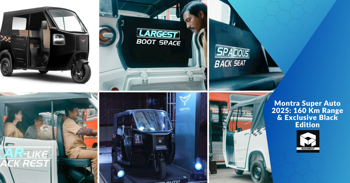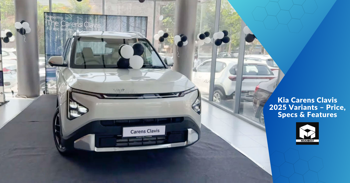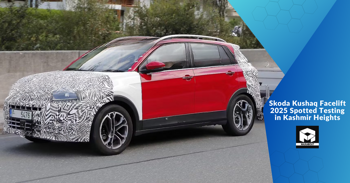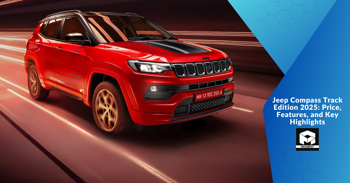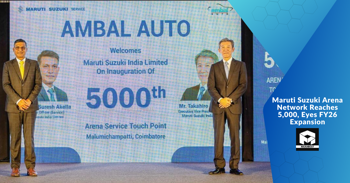Could 22Motors Flow's battery swapping system solve India's EV charging infrastructure problem?
The 22Motors Flow eScooter comes with a battery swapping system that enables riders to swap their depleted battery at a charging station for a fully charged one. As India continues to struggle with a lack of EV charging infrastructure — a common refrain in the country's push for EVs — this feature is being touted as one way to mitigate that issue. The idea is to swap the battery instead, and you’re off in minutes rather than waiting hours for your scooter to charge. But this system also has problems of standardization, the cost of swapping stations establishment and maintenance, and the long term effect on battery life. Is battery swapping a solution to India’s EV charging woes or is there a better way? In this article, let us dig into the pros and cons of this system, and see how this could be implemented in the Indian context.
Battery swapping is genius! There will be no more waiting for hours to charge. It could really solve the infrastructure problem if they can set up enough stations.
Most Popular Cars
Based on Cars Popular on Maxabout
Lotus Emeya
₹ 2,34,00,000
811 Views
Lotus Eletre
₹ 2,55,00,000
642 Views
Honda WR-V VX Diesel Exclusive Edition
₹ 11,05,344
927 Views Recently Added Cars
New Cars Added On Maxabout
VinFast VF7 Sky Infinity
₹ 25,49,000
470 Views
VinFast VF7 Sky
₹ 24,99,000
448 Views
VinFast VF7 Wind Infinity
₹ 23,99,000
472 Views Upcoming Cars
Exciting Upcoming Cars
Maruti Swift Hybrid
₹ 10,00,000
1602 Views
Renault Boreal Bigster SUV
₹ 13,00,000
1674 Views
Leapmotor T03
₹ 8,00,000
1184 Views Discussions and Questions Could 22Motors Flows Battery Swapping System Solve Indias Ev Charging Infrastructure Problem
No answers found .
Latest News
Recently Added News
12 Suzuki Exhibits At Japan Mobility Show – EV, Hybrid, Flex Fuel, AI Robots
Saturday, 11 October 2025 8:00 AM
Jeep Compass Track Edition 2025: Price, Features, and Key Highlights
Friday, 10 October 2025 4:33 AM
